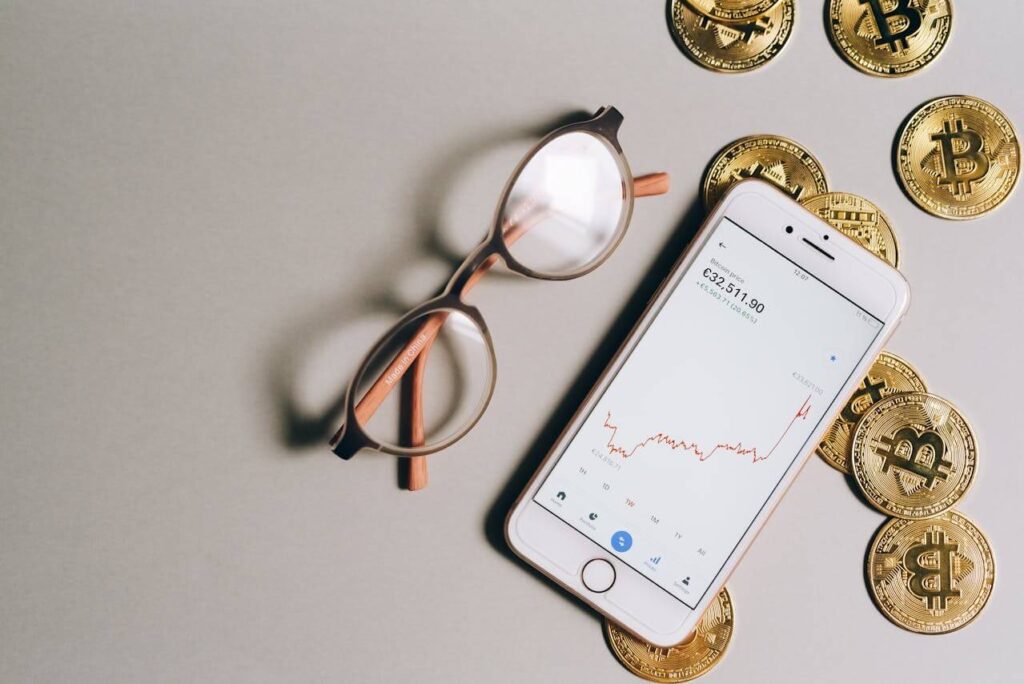Cryptocurrency has been popular in the Philippines for years, and it remains one of the go-to alternative investments for many. As its popularity continues, more trading platforms are emerging, making cryptocurrency increasingly accessible and sparking curiosity among new investors.
However, before diving into the world of cryptocurrency trading, there are several important things you need to understand. For one, it’s not easy, primarily because of the market’s volatility. And just like with any other financial instrument, you need sufficient knowledge and experience to navigate cryptocurrency trading effectively.
In this article, we’ll share some tips on how to get started with cryptocurrency trading in the Philippines.
1. Learn the Basics of Cryptocurrency
Before you get started, it’s important to understand what cryptocurrency is.
By definition, cryptocurrency is a virtual or digital currency that uses blockchain technology to ensure security. Unlike traditional money, it is not regulated and operates independently of governments and private financial institutions.
Some of the most popular cryptocurrencies include Ethereum (ETH), Bitcoin (BTC), and Solana (SOL). In the Philippines, several trading platforms are regulated by the Bangko Sentral ng Pilipinas (BSP), allowing traders to choose a platform that best suits their needs for a smoother trading experience.
Why Should You Invest in Cryptocurrency?
- Decentralisation. As mentioned, cryptocurrency isn’t, and can’t be, controlled by a centralised authority such as banks or governments. Instead, it operates through a network of blocks and computers, where everyone in the system has access to the data.
- Blockchain Technology. Every cryptocurrency transaction is recorded in a ledger system. Each block contains multiple transactions and is linked to the previous block, forming a continuous chain, known as a blockchain.
- Security through Cryptography. Once a cryptocurrency transaction is made, it is encrypted, and only the sender and receiver have access to the encryption key.
- Transparent Transactions. Every transaction is recorded on the blockchain and automatically verified, reducing concerns among traders about its validity.
- Accessibility. In the Philippines, many financial companies and Virtual Asset Service Providers (VASPs) now offer cryptocurrency trading, making it more accessible than ever.
2. Use Trusted and Regulated Platforms
Virtual Asset Service Providers (VASPs) are regulated by the Bangko Sentral ng Pilipinas (BSP). Whether you’re a new or experienced trader, it’s important to check if the platform you’re using is properly licensed. Some of the most popular platforms in the Philippines include Bybit.com, PDAX, Coins, and GCrypto.
In addition, before choosing a platform for cryptocurrency exchange and trading, it’s best to read reviews and seek recommendations, aside from confirming that the platform is registered with the BSP.
3. Set a Budget and Stick to It
As a beginner in cryptocurrency trading, it’s recommended to start small and set a clear budget. Ideally, you should begin by practising with a demo account before diving into real trading. Once you’re confident in navigating the platform and understanding how trades work, you can start trading with actual money. However, it’s best to begin with a small amount and gradually increase your capital as you gain more experience.
As your trading capital grows, always remember: never invest money you can’t afford to lose.

4. Secure Your Assets
Although cryptocurrency exchanges are generally safe, there are still several risks you should be aware of. In addition to choosing a platform regulated by the BSP, securing your crypto assets in a digital wallet is another important consideration.
There are two main types of digital wallets: custodial and non-custodial. If you prefer a third-party company to manage the security of your assets, a custodial wallet is the way to go. However, if you want full control over your private keys, a non-custodial wallet is a better choice.
5. Stay Informed and Avoid Emotional Trading
News and updates about cryptocurrency are easily accessible in the Philippines, but it’s important to rely on credible sources. Misinformation about the crypto market can significantly influence your emotions and trading decisions.
Regardless of whether you’re getting accurate news or not, it’s best to avoid emotional trading. As a beginner, managing your emotions can be challenging, but with time and experience, you’ll improve.
6. Manage Your Risks
Risk management is one of the most important things to learn before trading cryptocurrency with real money. Given the market’s volatility, it’s crucial to understand how to manage risks and establish a solid trading strategy.
A good starting point is to determine whether you plan to trade short-term or long-term. For example, short-term trading typically involves strict rules on when to sell, while long-term trading is more flexible and doesn’t require perfect timing to exit a position.
7. Understand Digital Taxes
In the Philippines, cryptocurrency earnings are subject to digital tax. If you’re planning to trade, be prepared to declare your earnings to the Bureau of Internal Revenue (BIR). It’s also a good idea to consult with a tax professional once you’re ready to take cryptocurrency trading seriously.
Final Thoughts
More Filipinos are becoming interested in cryptocurrency trading. Fortunately, exciting opportunities continue to emerge, including the development of various digital wallets and trading platforms. By following the tips outlined in this article, you can enjoy a smoother and more informed crypto trading experience as a beginner.